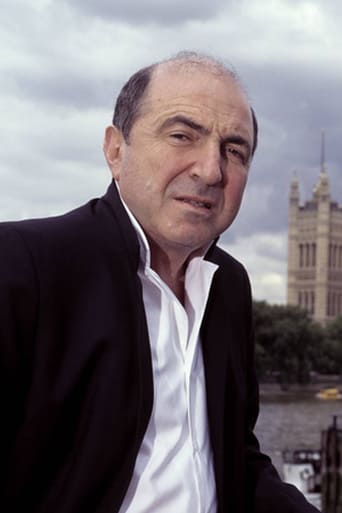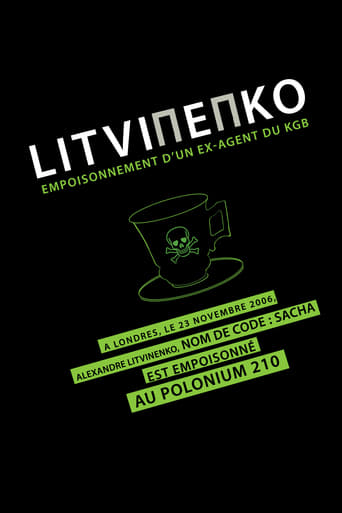
This documentary follows ex-spy Alexander Litvinenko from his forced exile from Russia, to his death from poisoning in November of 2006.
Similar titles




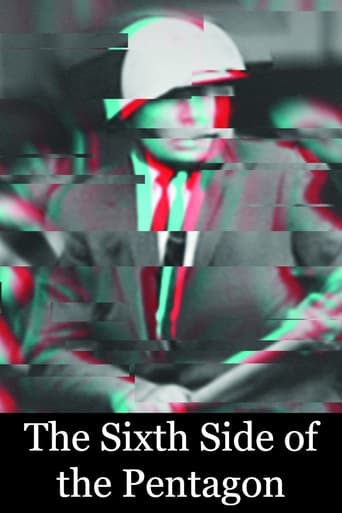
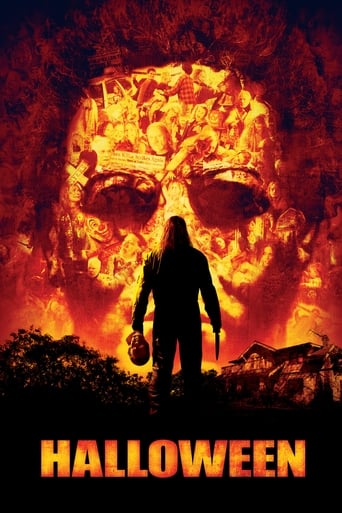
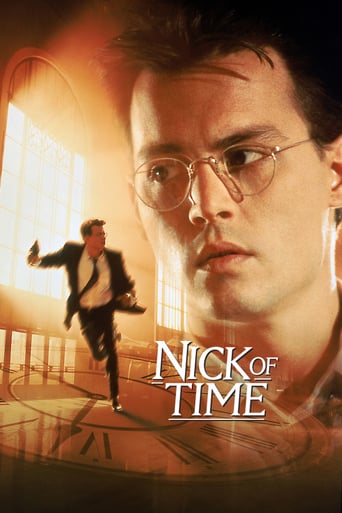

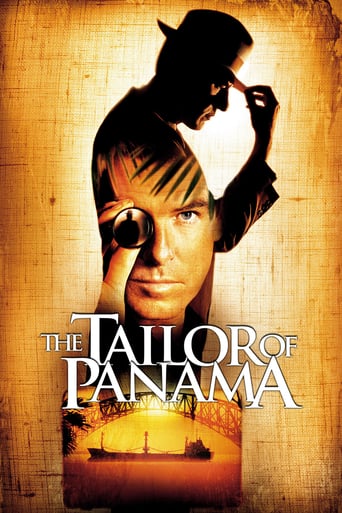
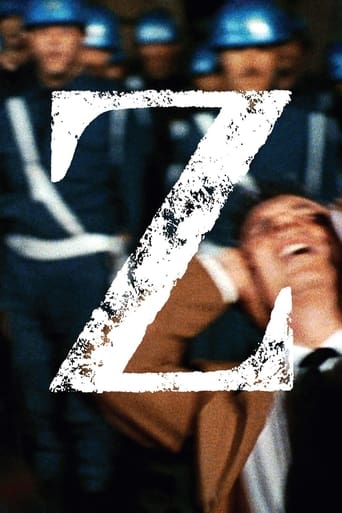
Reviews
So much average
everything you have heard about this movie is true.
A great movie, one of the best of this year. There was a bit of confusion at one point in the plot, but nothing serious.
A terrific literary drama and character piece that shows how the process of creating art can be seen differently by those doing it and those looking at it from the outside.
Anyone who believes that government-sanctioned repression and political skullduggery ended in Russia with the collapse of the Soviet Union - and the attendant dissolution of the KGB - will find much to disabuse them of that notion in "Poisoned by Polonium: The Litvinenko File," a disturbing and eye-opening look at what life is like in that recently "liberated" country.Alexander "Sasha" Litvinenko was, of course, the outspoken critic of the Putin government whose death by polonium poisoning in 2007 made international headlines. Litvinenko's "crimes" went beyond mere criticism of policy, however; an ex-KGB agent himself, he accused the FSB - the Russian secret service, a direct descendant of the old KGB - of being behind the terrorist bombings that rocked Moscow in 1999, bombings that he and others claim were carried out for the express purpose of ramping up public outrage against the Chechens whom the government knew would be blamed for the atrocities. It was Litvinenko's "insider" knowledge and willingness to speak out despite tremendous risk to himself and his family that led activist filmmaker Andrei Nekrasov to seek out and befriend him. With this unlimited access, Nekrasov was able to interview Litvinenko at great length for the several years leading up to his death. He even got to film him as he lay dying in a hospital room in London, where Litvinenko had been granted political asylum. It is these interviews that make up the bulk of Nekrasov's informative and shocking film.With these interviews and others - for Litvinenko is not the only one fearless enough to speak out on camera - Nekrasov has provided a scathing portrait of life under the Putin regime: the state-sponsored secrecy, the corruption and torture that is still being carried out on a regular basis, the repression of intellectual and political dissent - all holdovers from the dark days of Communist rule. Nekrasov's main thesis is that things haven't changed all that much in Russia since the collapse of the Soviet Union in 1991, and that the promises of a fledgling democracy are being perpetually undermined by those at the highest echelons of governmental power. And, as Litvinenko saw it, one of the reasons the Russian leaders ginned up a war with Chechnya in the first place was to legitimize its continued use of strong arm tactics in an ostensibly non-totalitarian society. Hence, the explosions in Moscow.Of course, none of this willingness to speak out against injustice comes without a steep price for all who choose to do so. And make no mistake about it; Litvinenko is not the only person Nekrasov interviews who turns up dead under mysterious circumstances before the movie is over. But for other whistleblowers the pushback from the FSB has come in the form of threats, blackmail, fabricated evidence, trumped-up criminal charges, destroyed reputations and false imprisonment.Perhaps most depressing of all is the general indifference Nekrasov has found to what is happening in his country - indifference on the part of not just the Russian populace and the national press but the world at large, an apathy that only encourages the government leaders to continue their suppressive ways.This may be a tough movie to sit through at times, but what it has to say about a nation - and about the few citizens courageous enough to stand up against its systematic abuses - cries out to be heard. It helps to ensure that Litvninenko will not have died in vain.
What is remarkable about this meandering documentary is that it contains archival footage before the sinister murder, by radioactive poisoning, of the FSB defector who is the subject of the film. It leaves no doubt that the Putin regime murdered Alexandre Litvinenko in London in a particularly brazen crime. It imparts some warmth to Litvinenko and his wife and a few other dissidents, but the downside is the overwhelmingly dark, and apparently accurate, description it provides of a Russia hopelessly corrupt at the top and hopelessly servile in the mass. It is a disturbing film, made on a shoestring (with a bad musical score tacked together), but the human tragedy at its heart is inescapable.
This film was effective in showing the scary nature of the Russian Federal Security Service (FSB), successor to the KGB, but it did nothing to help solve the murder of former FSB officer Alexander Litvinenko. It is a kind of "J'accuse" work that doesn't produce any evidence to back up its accusation besides presenting credible testimony about the corruption, brutality and even murderousness of FSB functionaries, and showing Litvinenko himself making a lot of these allegations on camera.But this forms the entire basis of the film's case against Litvinenko's former FSB colleagues. There is no examination of how the polonium-210 wound up in Litvinenko's system. Andrei Lugovoy, who is now sought by the British police as a suspect, is interviewed, and talks about polonium-210. He and his monosyllabic sidekick do look rather creepy, but that is all, and when they offer the interviewer a cup of tea, there is a black comedy moment.This is an indictment of Russia's "Chekists" (spooks), who supposedly run Russia as evidenced by the fact that one of their own, Vladimir Putin, is Russia's president. The logic runs as follows: there is a lot of murder and corruption in Russia, Putin is president, Putin is ex-KGB, therefore the ex-KGB are responsible for all the murder and corruption. This is not, incidentally, a fanciful notion. Russia is very corrupt and former Soviet security service officials are in places of high power in government and industry. But it does not necessarily follow that Putin ordered Litvinenko's murder, and this film fails to convince.In fact, interesting theories arise when one poses the question: qui bono? Who stood to gain most by Litvinenko's murder? If Litvinenko fled Russia and continued his fierce accusations against Putin and the Russian regime, and then was assassinated, the finger would naturally point at the Kremlin. As it happened, condemnation was directed at the Russian government from around the world, which greatly benefited exiled Russian oligarch and fierce Kremlin opponent Boris Berezovsky, with whom Litvinenko had associated before he died. Could Berezovsky have killed Litvinenko? I was actually left with the impression that the director, Andrei Nekrasov, intended at least to hint at this possibility.The film essentially points the finger at Putin and the FSB for the apartment bombings in Russia in 1999, which were blamed on the Chechens. These bombings served as the pretext for renewed war against Chechnya, and the blitz propelled Putin into the presidency. The theorywhich is very believableis that the apartment bombings were part of a Chekist plot to replace the ailing Boris Yeltsin with the authoritarian Vladimir Putin, thus securing the security services' hold over the Russian political system. Berezovsky has made these very allegations from the safety of his estate in England, yet a closer look at the history of these incidents reveals that Berezovsky himself was part of the cabal that helped Putin to power. It was only after Putin became president that Berezovsky fled to Britain, having been betrayed by the new regime.If the pro-Putin clique and Berezovsky were jointly culpable in the 1999 apartment bombings, it would perhaps be more difficult for the Putin regime to publicly accuse Berezovsky than vice-versa. It would automatically invite the question: how do you know? How would the Russian regime present evidence of Berezovsky's complicity in a terrorist acts without at the same time implicating itself?
A fascinating piece, both in its contents and cinematic form. Editing is particularly strong, given the nature of the access which became impossible the moment the world started to pay attention. Nekrasov had been interested in Litvinenko before the latter's tragic fame but this film was apparently put together only after the poisoning. I've seen some other pics on the subject but none came anywhere near creating this unsettling sensation of being in the middle of it all. That is partly because of the director's on screen interaction with Litvinenko, which allowed me to identify with the narrator and made Litvinenko more credible (half of the Russians think he was a criminal, going by the official propaganda). I lived in Russia and Ukraine but somehow watching "Rebellion..." in Toronto really shocked, frightened and angered me forcing to redefine the term "corrution" in my mind. In some parts of the world corruption evidently means murder. "Rebellion" is structured like a novel, divided in chapters, and it masterfully controls various lines of the complex plot; but ultimately it is not a murder story and those who expect one might be disappointed. I admit I had myself wondered why a "Litvinenko movie" should be called "Rebellion", but having watched it I cannot think of a more appropriate title.
Top Streaming Movies













